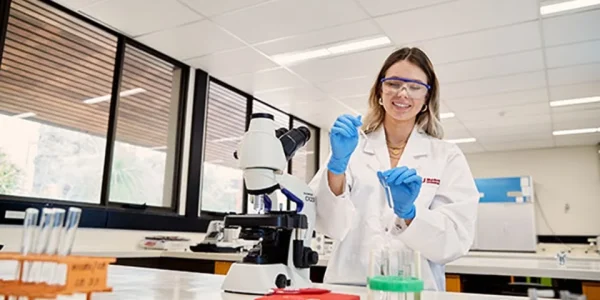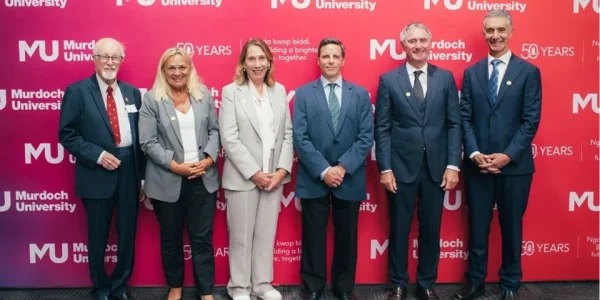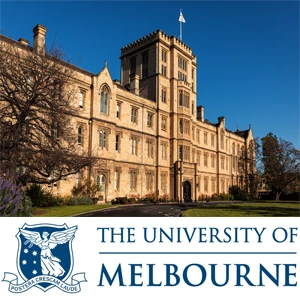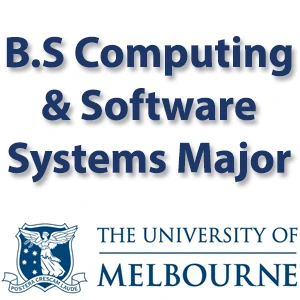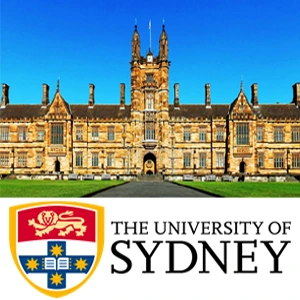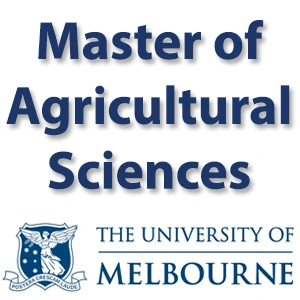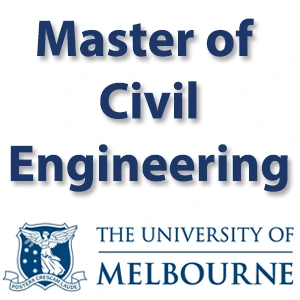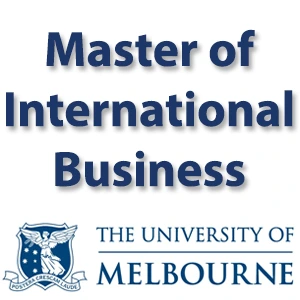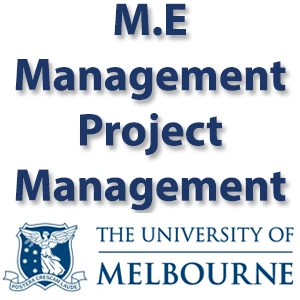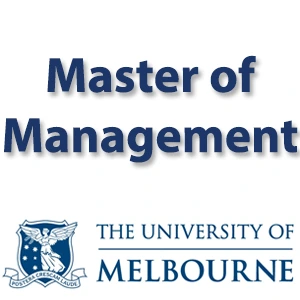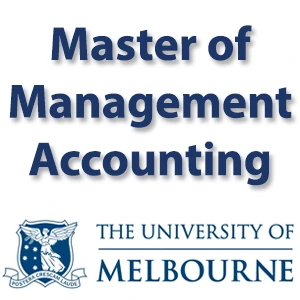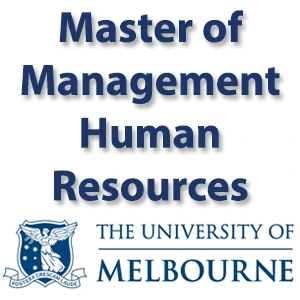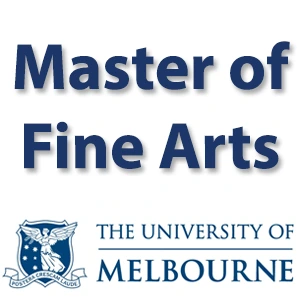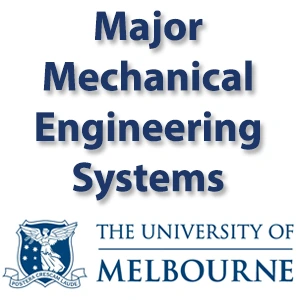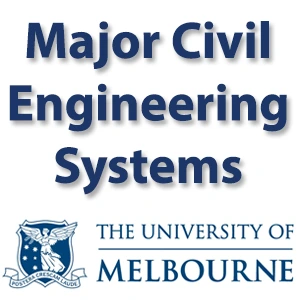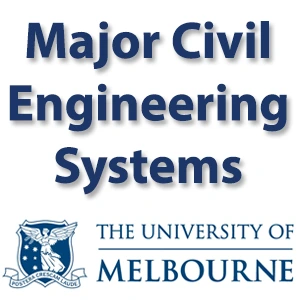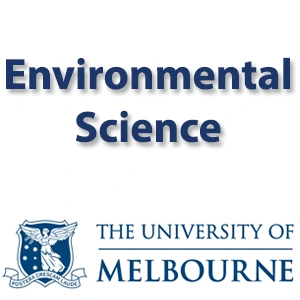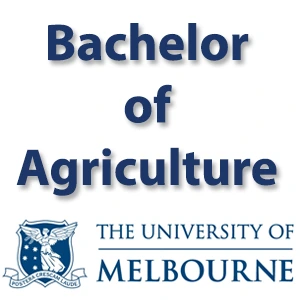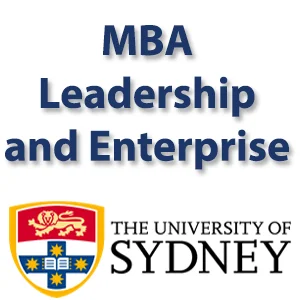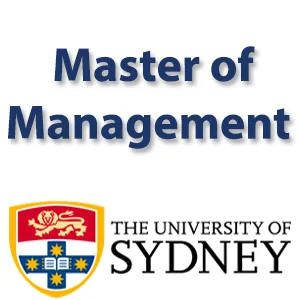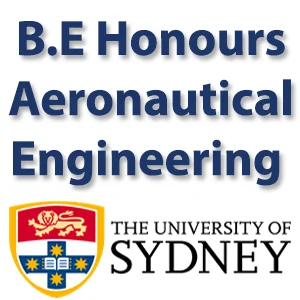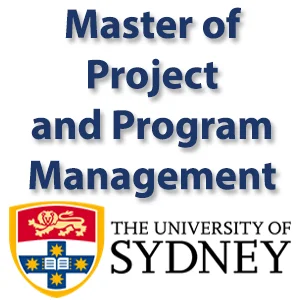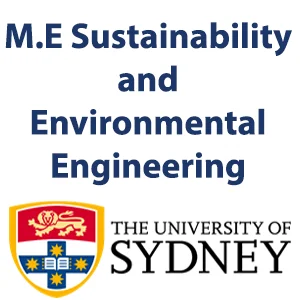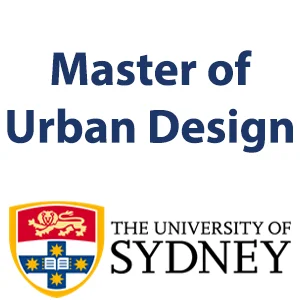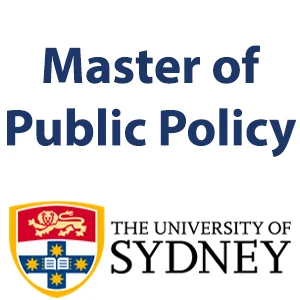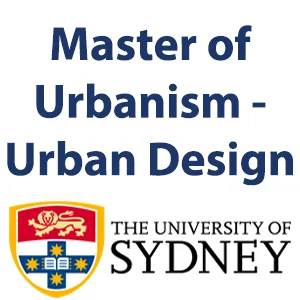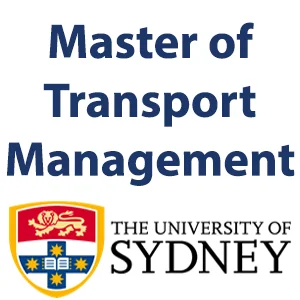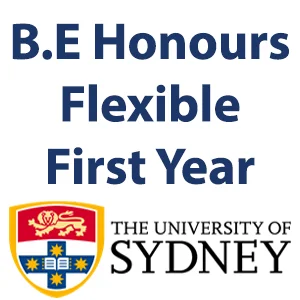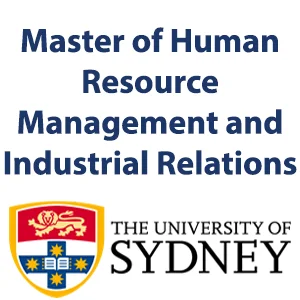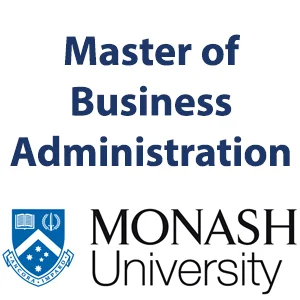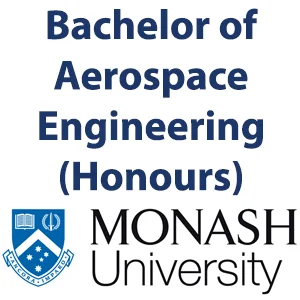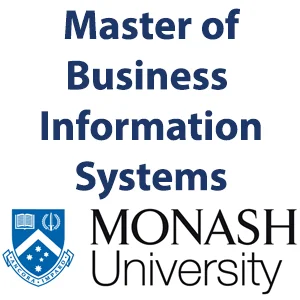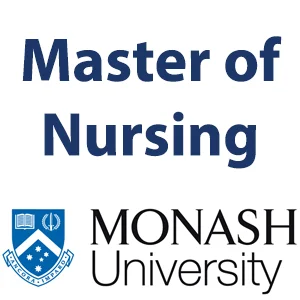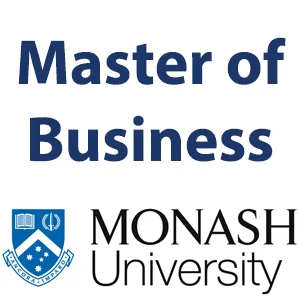Entry requirements
If you’re applying to study at Murdoch, you’ll need to meet the minimum entry requirements for your program.
Each discipline has its own qualifying criteria, so make sure you check the specific entry requirements for each course.
You will also need to demonstrate English proficiency through one of the following:
If you’re applying as an international student, you may be required to demonstrate you meet Genuine Student (GS) requirements.
Undergraduate
We offer a range of admission pathways to study at Murdoch, taking into account your high school results, previous studies, and your work and life experience.
Honours
To apply for an honours degree, you’ll need to have successfully completed a bachelor’s degree in a relevant subject. Generally, you’ll need to have achieved a distinction (or equivalent) average in your final year of studies. You’ll also need to find an academic staff member with relevant expertise to supervise your research.
Other prerequisites may apply – for more information about entry to specific honours courses, please contact the relevant Academic Chair.
Postgraduate
To apply for most of our postgraduate courses, you’ll need to have completed a relevant undergraduate degree. In some cases, you may qualify for entry with evidence of professional work experience.
Research
To apply for a research degree, you need to provide evidence of your academic or professional accomplishments. This evidence needs to demonstrate that you have the necessary experience and skills to carry out your proposed research project.
Entry requirements vary between degrees, but are likely to include one or more of the following:
- An honours qualification – completion of a bachelor’s degree with first class honours (or upper second class honours) from Murdoch, or the equivalent at another university.
- A postgraduate coursework qualification – completion of other postgraduate qualifications that involved a substantial research project, such as a master’s degree.
- Other qualifications or work experience – evidence of your professional work experience conducting research projects. If you’ve led large projects, presented at conferences, published research outcomes or implemented organisational change, these might demonstrate your ability to fulfil the entry requirements.
Additional requirements for international students
Prospective international research applicants are required to complete and submit an EOI in Higher Degree Research Candidature form before applying for admission.
EOI in Higher Degree Research Candidature(pdf) 798 KB
The information you provide will be used to assess your qualifications and suitability to undertake higher degree research and the Graduate Research School’s capacity to provide you with an advisory team, research facilities, project funds and general infrastructure and support services.
If your expression of interest is successful, you will be invited to submit a formal application.
Our story
From our beginnings as the first Australian university to introduce a flexible admissions system, making education more accessible, to the global centre for learning, teaching, research and industry we are today, we have always kept sight of our purpose. Grounded by our principles and guided by our strategic plan, we remain a place of inclusive education.
With more than 25,000 students and 2,400 staff from 90 different countries, we are proud to be recognised for the impact that our graduates, research and innovations have made – both in Western Australia and around the world.
Our history
At Murdoch University, we’ve been committed to conservation, social justice and inclusion since our inception in the 70’s. We’ve created a place of learning and discovery through our leading academics, innovative courses, and ground-breaking research.
We pioneered access to a university education for people from diverse backgrounds, and are proud to see our students take their Murdoch education to the world to solve its challenges. Throughout this journey we’ve remained committed to adapting and growing. In this way, we continue to be a creative force for education and research.
December 1967
Breaking new ground
229 hectares in the City of Melville is chosen as the site for the state’s second university by the Western Australian government. What was then the Somerville Pine Plantation is now our vibrant Perth campus, part of a thriving state precinct for education, research and health.
The Whadjuk people of the Noongar nation are the traditional custodians of the country and waters on which Murdoch University stands today.
9 July 1970
Our University is named
Western Australian Premier Sir David Brand announces that the new university will be named “Murdoch” in honour of esteemed author, philosopher and academic Sir Walter Murdoch.
1970
A memorable contribution begins
One of Australia’s most recognised historians, Professor Geoffrey Bolton, is appointed to the Murdoch University planning board. He goes on to become our Foundation Professor of History (1973-1989), Senate member (3 terms) and Chancellor (2002-2006).
Professor Bolton was awarded with Officer of the Order of Australia (AO) (1984), a Centenary Medal (2001), and named the WA Australian of the Year (2006). Today we honour him through our Geoffrey Bolton Fund.
Strategy 2023-2030
Building a Brighter Future, Together.
Ngala Kwop Biddi
Murdoch University has, from its foundation in 1974, been a university of difference. Established as the second university in WA, Murdoch has always been associated with environment and conservation, social justice and inclusion, and providing pathways into and through a university education for people who had previously been excluded.
Strategy 2023-2030
Our values
These five values guide how we behave individually and as a collective as we undertake our purpose.
- Authenticity
- Integrity
- Respect
- Inclusivity
- Openness
Our principles
These eight principles guide how we lead, manage and work together. We will:
- Act with justice, respect and responsible care
- Be collegiate and respectful of other points of view
- Protect academic freedom
- Be agile, flexible and resilient
- Make decisions at the most appropriate level
- Be transparent in decision-making and with information
- Adopt common approaches to common tasks
- Be careful stewards of our resources
Our vision
Our vision is to be widely recognised as the university of choice for people who care, who value inclusion, curiosity and innovation, and who desire to make a positive social impact.
We will be a leading university in education, teaching and research in sustainability; a thriving, welcoming, diverse and inclusive community. We will be the university of first choice for First Nations peoples, promoting and benefiting from Indigenous knowledges. Our quality education will be contemporary, accessible and inclusive. Our graduates will be keenly sought by employers and will be known for having adaptability, fresh perspectives, practical skills and a social conscience. Our research will be impactful, and we will have strong industry and institutional collaborations.
A Murdoch degree is a significant investment in your future, so it’s important to consider all the financial aspects when you apply.
Fees
Before you apply to study at Murdoch, it’s important to understand how course fees work as well as any additional fees and costs you can expect to pay. Additional fees include administrative and other services and course-specific costs.
Find out more about fees
Student services and amenities fee
At Murdoch, we use SSAF funds to provide you with health and counselling services, careers and employment advice, sport and recreation facilities and services, and much more.
Find out more about SSAF
Living costs
When you move to Perth from overseas, you’ll need to factor in certain living costs when planning your studies. Remember to budget for accommodation and travel costs as well as food, clothing and entertainment.
Learn more about living costs
Scholarships
Studying at university is a life-changing experience that often requires some support. We’re proud to offer a wide range of scholarships to commencing students from a range of backgrounds, which can be invaluable in enabling you to fully achieve your potential.
Find out more about scholarships
Financial aid and student loans
You may be able to apply for a student loan in you home country for some type of financial aid while you’re studying in Australia.
Learn more about financial aid and student loans
Scholarships
Studying at university is a life-changing experience that often requires some support. Learn more about scholarships which could be available to help you fully achieve your potential.
Murdoch scholarships
A scholarship is a payment made to an eligible student to support their study. It is not a loan and does not have to be repaid. Most scholarships are not intended to be used to pay tuition fees, but can help to cover university costs such as books, living expenses and transport.
At Murdoch we offer scholarships for a range of students including:
- international students
- students facing financial hardship
- students with records of high achievement
- students studying specific courses
There are also a number of scholarships offered by external providers, including government and private organisations. Find out if you’re eligible.
Government scholarships
Depending on your situation, you may be able to apply for other types of scholarships, such as the Australia Awards Scholarships. These scholarships are open to international students from participating countries, allowing the recipients to complete study, research and professional development.
The scholarships are offered by the Australian government to help create a generation of world leaders with the skills and research to improve their country’s future.
Learn more about the Australia Awards





